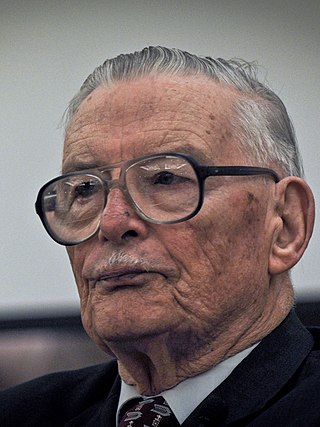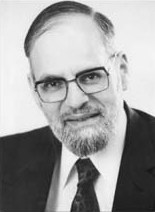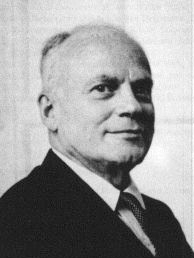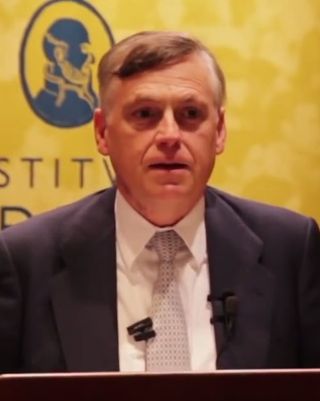Related Research Articles

Carl Menger von Wolfensgrün was an Austrian economist and the founder of the Austrian School of economics. Menger contributed to the development of the theories of marginalism and marginal utility, which rejected cost-of-production theory of value, such as developed by the classical economists such as Adam Smith and David Ricardo. As a departure from such, he would go on to call his resultant perspective, the subjective theory of value.

Friedrich August von Hayek, often referred to by his initials F. A. Hayek, was an Austrian-British economist and political philosopher who made contributions to economics, political philosophy, psychology, intellectual history, and other fields. Hayek shared the 1974 Nobel Memorial Prize in Economic Sciences with Gunnar Myrdal for work on money and economic fluctuations, and the interdependence of economic, social and institutional phenomena. His account of how prices communicate information is widely regarded as an important contribution to economics that led to him receiving the prize.

James McGill Buchanan Jr. was an American economist known for his work on public choice theory originally outlined in his most famous work, The Calculus of Consent, co-authored with Gordon Tullock in 1962. He continued to develop the theory, eventually receiving the Nobel Memorial Prize in Economic Sciences in 1986. Buchanan's work initiated research on how politicians' and bureaucrats' self-interest, utility maximization, and other non-wealth-maximizing considerations affect their decision-making. He was a member of the Board of Advisors of The Independent Institute as well as of the Institute of Economic Affairs, a member of the Mont Pelerin Society (MPS) and MPS president from 1984 to 1986, a Distinguished Senior Fellow of the Cato Institute, and professor at George Mason University.

Israel Meir Kirzner is a British-born American economist, historian, rabbi, and Talmudist closely identified with the Austrian School.

Frank Hyneman Knight was an American economist who spent most of his career at the University of Chicago, where he became one of the founders of the Chicago School.
Libertarian theories of law build upon classical liberal and individualist doctrines.

Jacob Viner was a Canadian economist and is considered with Frank Knight and Henry Simons to be one of the "inspiring" mentors of the early Chicago school of economics in the 1930s: he was one of the leading figures of the Chicago faculty. Paul Samuelson named Viner as one of the several "American saints in economics" born after 1860. He was an important figure in the field of political economy.

The Road to Serfdom is a book by the Austrian-British economist and philosopher Friedrich Hayek. In the book, Hayek "[warns] of the danger of tyranny that inevitably results from government control of economic decision-making through central planning." He further argues that the abandonment of individualism and classical liberalism inevitably leads to a loss of freedom, the creation of an oppressive society, the tyranny of a dictator, and the serfdom of the individual. Hayek challenged the view, popular among British Marxists, that fascism was a capitalist reaction against socialism. He argued that fascism, Nazism, and state-socialism had common roots in central economic planning and empowering the state over the individual.

Thomas Gordon Palmer is an American libertarian author and theorist, a Senior Fellow at the Cato Institute and Vice President for International Programs at the Atlas Network.

Jesús Huerta de Soto Ballester is a Spanish economist of the Austrian School. He is a professor in the Department of Applied Economics at King Juan Carlos University of Madrid, Spain and a Senior Fellow at the Mises Institute.

Lawrence Henry White is an American economics professor at George Mason University who teaches graduate level monetary theory and policy. He is considered an authority on the history and theory of free banking. His writings support the abolition of the Federal Reserve System and the promotion of private and competitive banking.
Peter Joseph Boettke is an American economist of the Austrian School. He is currently a professor of economics and philosophy at George Mason University; the BB&T Professor for the Study of Capitalism, vice president for research, and director of the F.A. Hayek Program for Advanced Study in Philosophy, Politics, and Economics at the Mercatus Center at GMU.

Ludwig Heinrich Edler von Mises was an Austrian–American Austrian School economist, historian, logician, and sociologist. Mises wrote and lectured extensively on the societal contributions of classical liberalism and the power of consumers. He is best known for his work on praxeology studies comparing communism and capitalism.

Edwin Cannan was a British economist and historian of economic thought. He taught at the London School of Economics from 1895 to 1926.

The Constitution of Liberty is a book written by Friedrich Hayek, first published in 1960 by the University of Chicago Press. Many scholars have considered The Constitution of Liberty as the most important work by Hayek.

"The Use of Knowledge in Society" is a scholarly article written by economist Friedrich Hayek, first published in the September 1945 issue of The American Economic Review.

Liberty Fund, Inc. is a nonprofit foundation headquartered in Carmel, Indiana, which promulgates the libertarian views of its founder, Pierre F. Goodrich through publishing, conferences, and educational resources. The operating mandate of the Liberty Fund was set forth in an unpublished memo written by Goodrich "to encourage the study of the ideal of a society of free and responsible individuals".
Bruce J. Caldwell is an American historian of economics, Research Professor of Economics at Duke University, and Director of the Center for the History of Political Economy. Prior to holding this position, Caldwell was the Joe Rosenthal Excellence Professor of Economics at the University of North Carolina at Greensboro. In 1979, he received his Ph.D. in Economics from the University of North Carolina at Chapel Hill and did post-doctoral work at New York University, where he was influenced by both Ludwig Lachmann and Israel Kirzner.
Ronald Hamowy was a Canadian academic, known primarily for his contributions to political and social academic fields. At the time of his death, he was professor emeritus of intellectual history at the University of Alberta in Edmonton, Canada. Hamowy was closely associated with the political ideology of libertarianism and his writings and scholarship place particular emphasis on individual liberty and the limits of state action in a free society. He is associated with a number of prominent American libertarian organizations.
Alan Oliver (Lanny) Ebenstein is an American political scientist, educator and author, known from his biographical works on Friedrich Hayek and Milton Friedman.
References
- ↑ Bruce Caldwell, General Editor. Plan of the Collected Works of F. A. Hayek.